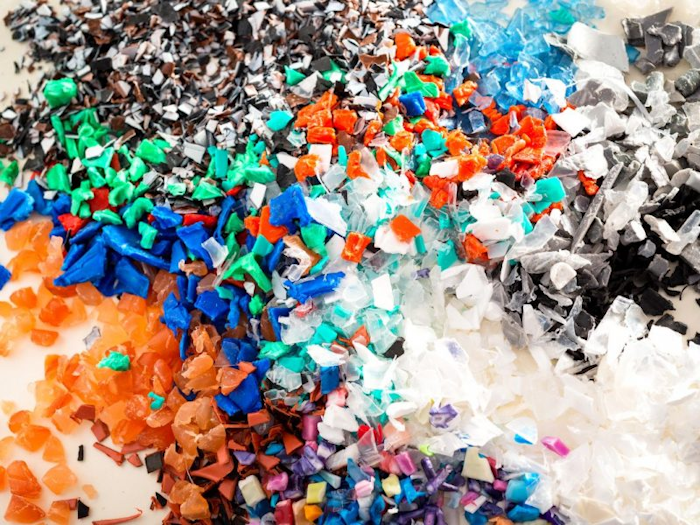Unveiling the Illusion: Debunking the Myth of Plastic Recycling in Georgia
The myth of plastic recycling in GA
The recycling rate is falling, especially in relation to its cost: it is still too expensive compared to the production of plastic. Plastic recycling rates are declining in Georgia, while production is on the rise, according to Greenpeace, which calls the existence of a circular economy touted by the industry a fiction.
A survey published by Greenpeace USA finds that American homes generated 51 million tons of plastic waste in 2021, of which only 2.4 million tons were recycled.
And the recycling rate of plastics consumed is rather declining, especially since China stopped accepting waste from the West in 2018, and at the same time recycling some of it. In addition, plastic production prices are falling due to a rapidly developing industry.
Industry groups and large corporations have been pushing to present recycling as a solution, explained Lisa Ramsden of Greenpeace USA. By doing this, they evaded responsibility, she added, citing companies like Coca-Cola, PepsiCo, Unilever and Nestlé.
Researchers have discovered an enzyme capable of degrading polyethylene. A find that could have applications on plastic pollution, but it is still to early if this new waste management technique will be used and if dumpster rentals services will decrease.
Two recyclable plastics
According to Greenpeace USA, only two types of plastics are accepted at most of the country’s 375 material recovery centers. The first is polyethylene terephthalate (PET), commonly used for water and soda bottles, and the second is high-density polyethylene (PE-HD), used for example for shampoo bottles or household products. These two types are categorized numbers 1 and 2, according to the standards used, which include a total of seven kinds of plastic.
According to the report, PET and PE-HD had remanufacturing rates of 20.9 and 10.3 percent respectively, two numbers down from the last Greenpeace USA survey in 2020. Additionally, Type 3 plastics to 7 (which include plastic bags, children’s toys, yoghurt packaging, etc.) were reconditioned at rates below 5%.
Several associations have joined forces to document the decline of single-use plastic in Europe. This September, they published their annual report on the theme. France is fairly well rated.
Economically unsustainable
According to the report, the practice of plastic recycling is not working for five reasons.
First, because the amount of plastic waste is such that it is extremely difficult to collect all of it.
Moreover, even if they were all recovered, since this waste cannot be recycled together, it would make it practically impossible to sort trillions of products, according to the report.
Third, plastic recycling processes are themselves harmful to the environment, exposing workers to chemicals and generating micro-plastics.
The fourth reason is that these recycled plastics cannot be reused to contain food, because of the risk of toxicity.
Superfluous or even useless plastic to protect food: despite the 2020 anti-waste law, over-packaging persists, deplore consumer associations in Pooler, GA and elesewhere in the country.
Finally, recycling is too expensive, according to the NGO. New plastics are in direct competition with recycled ones, and the former are much cheaper to produce, for better quality, underlines the report.
Lisa Ramsden called for prioritizing non-plastic containers that can be reused, and for companies to support an international plastics treaty, the development of which was launched this year by the United Nations. She pointed out that the problem regarding plastic recycling was unique, and did not apply to cardboard or metals.
Dumpster rentals to the rescue
Can dumpster rental services help reduce plastic pollution?
Yes they could according to this website about waste management services in Georgia. If specific dumpsters were allocated to plastic waste collection in bulk in a given neighborhood, this could help gather a large quantity in one go, so that it could be brought all together to the nearest recycling facility.
But such services are not yet readily available and it requires new regulations by each county.



